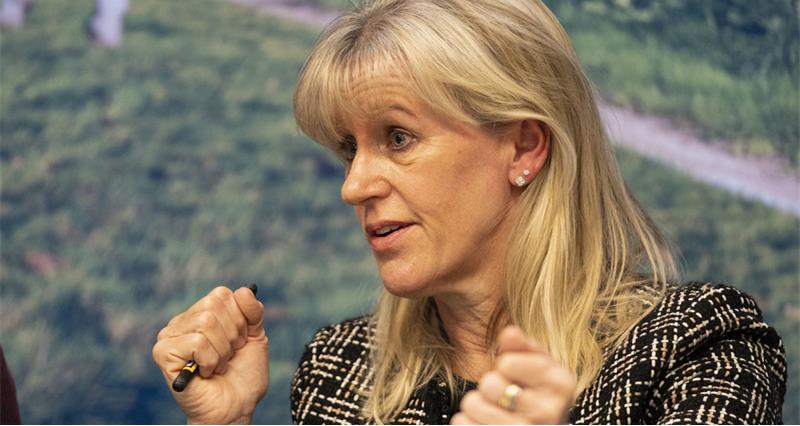The report presents the state of UK food security during a period of geopolitical shocks and severe weather events during which food inflation hit the highest level since 1977, reaching 19.1% in March 2023.
The combination of higher food prices and general inflation caused a rise in household food insecurity in the UK, the report says, with 10% of UK households estimated to be ‘food insecure’ in 2023, the largest proportion since the measure was introduced in 2020.
While it suggests the food chain has shown its ability to recover from events such as Covid-19 and energy price spikes, it says vulnerabilities were demonstrated and some existing stresses in the system could intensify over the longer term, climate change impacts among them.
Climate challenges & sustainability risks
Many of the countries the UK imports produce from are subject to their own climate-related challenges and sustainability risks, the report adds, while, at home, it says a ‘long term decline in the UK’s natural capital including soils and water is a pressing risk to UK food production’.
The UKFSR (UK Food Security Report) confirmed that the UK produced around 60% of the food it consumed in 2023 (62% for all food and 75% for those that can be grown in the UK) – a marginal rise on 2021.
Fruit and vegetables were among the categories where the UK is most import dependent.
“The biggest immediate threat to our domestic food security is the cumulative impact of the government’s Budget.”
NFU President Tom Bradshaw
Impact of Budget biggest food security threat
“It is clear that the past three years have been a highly volatile time in food production, something British farmers would certainly echo,” said NFU President Tom Bradshaw
“While in the round the report shows a broadly stable picture for domestic production, there are some concerning risks, including the decline in natural capital and workforce shortages. The notable decrease in food secure households is also a concern and demonstrates the importance of investing in a resilient food system.
“Domestic food production continues to provide the majority share of the nation’s food, and the sheer scale of production needs to be appreciated. Impacts to this domestic production risks impacting British consumers.
“The biggest immediate threat to our domestic food security is the cumulative impact of the government’s Budget. National Insurance and National Living Wage hikes will cripple many growers and come at a time when there’s already labour challenges in the sector, and changes to Inheritance Tax relief mean that farm businesses are less able to invest to grow their productivity or in environmental improvements to counter climate change, one of the key long-term impacts.
“Confidence among British farmers and investment is key to ensuring our food security. Unless the government reverses its decision on the family farm tax and invests in an agriculture budget that counters a lack of growth we could be exposed to further global shocks.”



